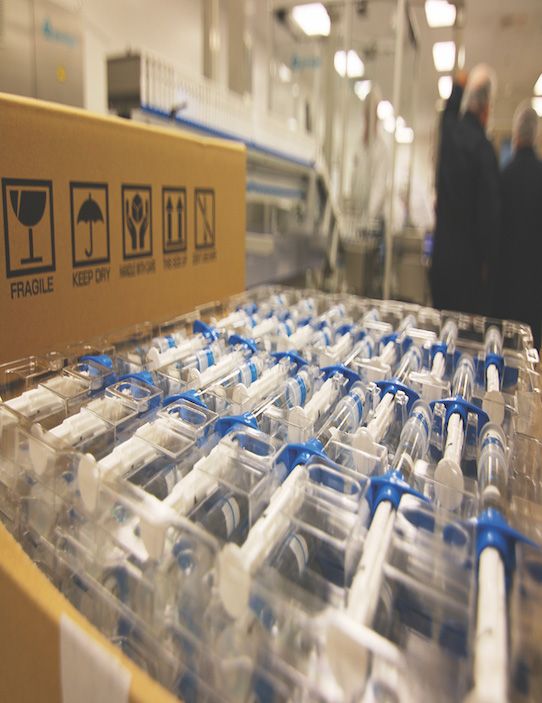Commemorating a vaccine success in rotavirus
Tenth-year anniversary marks a milestone in saving lives globally
Celebrating the 10th anniversary of the commercialization of a successful preventive for gastroenteritis and life-threatening diarrhea is more than a feel-good story for the pharma industry. Distribution of the vaccine still needs to occur more broadly around the globe, but significant progress has been made to date.
The rotavirus vaccine was commercialized, as Rotateq, by Merck in 2006; another version, Rotarix, was commercialized by GSK in 2008. (The first vaccine, RotaShield, from Wyeth, was introduced in 1998 but withdrawn a year later; the debate over the thousands of lives lost during the eight-year delay until a new, safer vaccine could be introduced rages on today). Rotateq originated in work at the Children’s Hospital of Philadelphia (CHOP) and the Wistar Institute, led by Drs. Stanley Plotkin, Paul Offit, and a veterinary researcher, H. Fred Clark (since deceased). Merck picked up the CHOP/Wistar research and spent some 16 years in development leading up to the 2006 FDA approval.
"Before rotavirus vaccination, roughly half a million children would go to US emergency rooms every year from this infection," said Offit, now director of the Vaccine Education Center at CHOP. “Of that number, 75,000 children would be hospitalized with severe dehydration, and 20 to 60 would die. Today, child hospitalizations from rotavirus have dropped by 85% in this country.” Offit spoke at the ceremony held at the Wistar Institute recently (see picture).
Rotavirus vaccines quickly became a part of standard childhood vaccination programs in the industrialized world; the story then goes to efforts by philanthropies and public health organizations that have been spreading the vaccine distribution to the rest of the world, including Gavi, the Vaccines Alliance, and the Bill and Melinda Gates Foundation. Rotavirus still kills over 200,000 infants globally, according to World Health Organization estimates.
